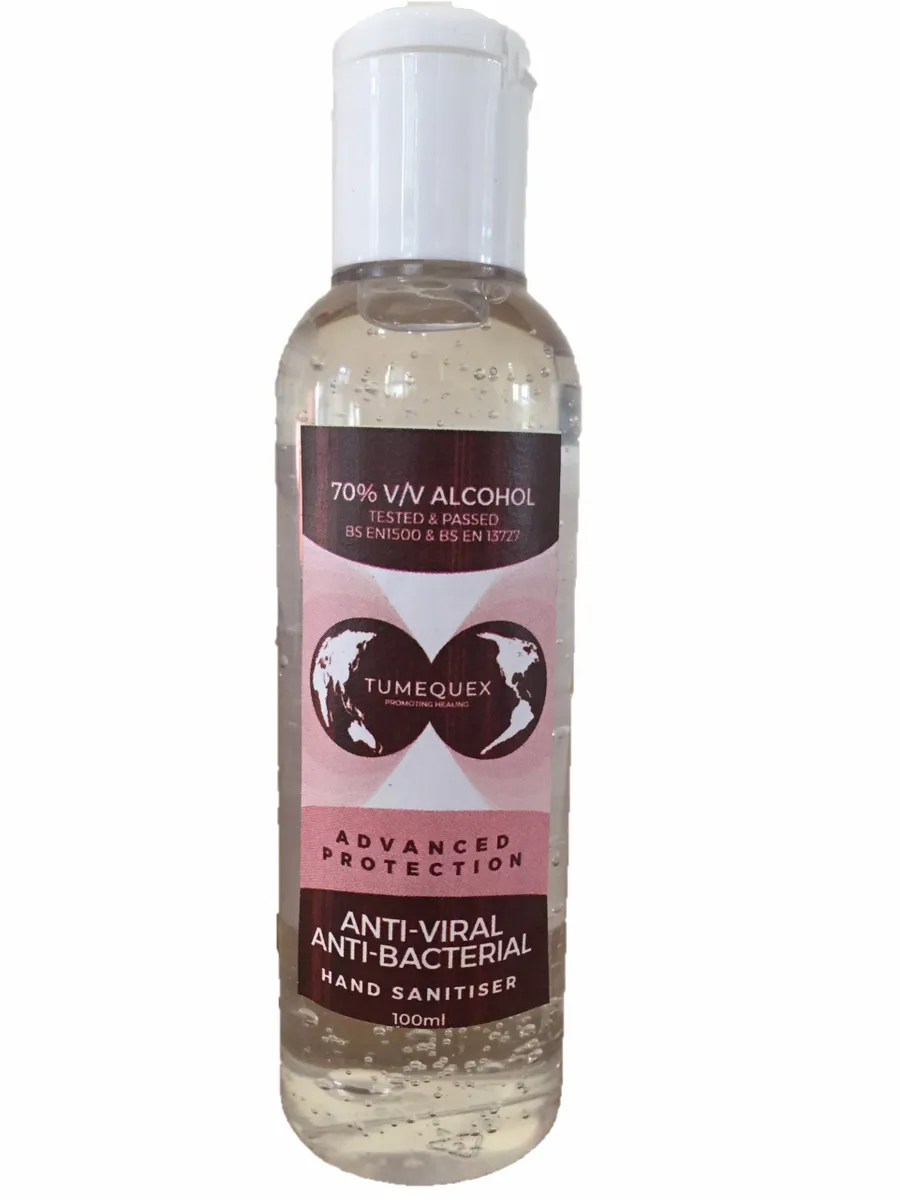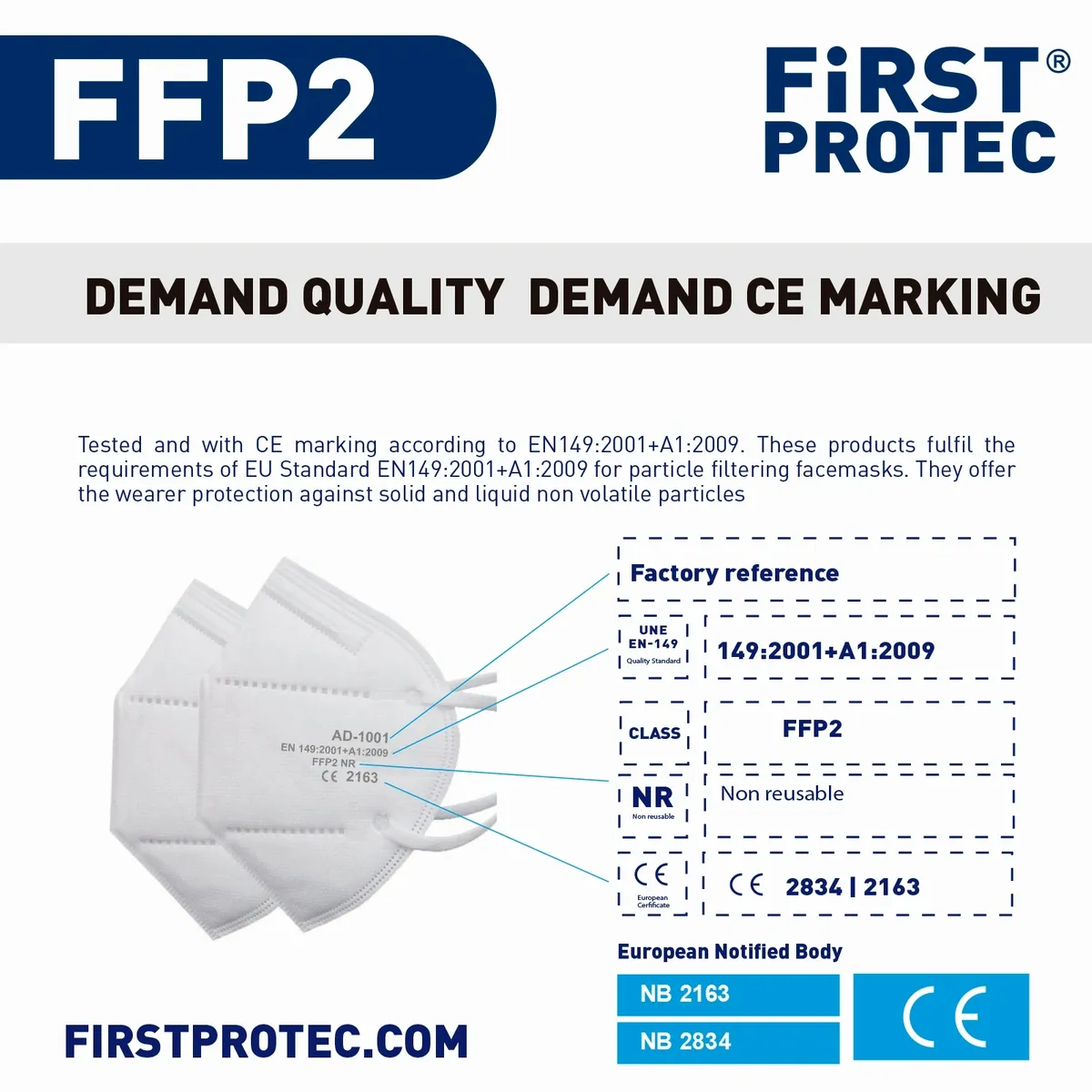Posted: 11th June 2020 | Back to news feed

In these most bizarre of days we are bombarded with information on what we should and should not be doing to protect ourselves and the lives of others around us, the problem is, how do we differentiate between fact and fiction when it comes to Personal Protective Equipment?
We asked one of our knowledgeable business members, Windowbox Limited, who supply PPE equipment to Healthcare Services in the UK, to explain the key facts that people should keep in mind when purchasing products for themselves or their staff and work places as we continue to see a relaxation in lockdown measures.
John Burdon, Director at Windowbox, kindly spent some hours pulling together the following article which we hope you find useful and insightful….and possibly surprising! While the content is aimed more specifically at helping businesses get PPE correct, we felt it was important to share this information as widely as possible because we are, after all, all in the same boat.
Virus Protection Hygiene- A guide to the key facts about Hand Sanitisers and Facemasks
The word hygiene is derived from the name of the Greek Goddess of health, Hygeia- the Goddess of healing, and today, hygiene is associated with disease prevention and good health, especially at this important time dealing with the pandemic.
Return to work will require employers in the UK to provide adequate protection to workers returning to the workplace. This includes PPE, disinfectants and disinfecting gels, as well as Health and Safety training, Coronavirus prevention policies and other protective measures such as till screening and floor markings.
The UK, like many other countries, has experienced an influx of PPE products, anticipating demand, imported from countries like China, Vietnam, and other manufacturing countries. Although some do, many of these products do not comply with labelling regulations or with safety standards. The onus is on the employer to ensure that they provide the right level of protection to employees, and on retailers to ensure they offer the right products to the public. However, this is difficult. How to identify falsely labelled PPE? How to tell right from wrong products?
Hand Sanitisers
Physical contact from hard surfaces, door handles and handshakes, will often result in the transmission of pathogens from one person to the next. With the viruses' ability to sustain for up to 2-3 days on some surfaces, it is vitally important that good hygiene methods are practiced, and products sold for this purpose are proved to be fit for purpose in dealing with this unseen micro-enemy.

Although studies show that handwashing with simple soap and water has the potential to save millions of lives each year, further research suggests that up to *80% of individuals retain some pathogenic bacteria and viruses on their hands after hand washing.
As an effective method of dealing with surface pathogens, hand sanitiser gels and sprays are recommended to either supplement hand washing, or as a replacement for when soap and water are not available. Sanitise from the Latin word Sanitas, also meaning health and well-being.
With the current problems presented by COVID 19, it is important that the hand sanitisers you use are manufactured in accordance with statutory regulations. This is your assurance that the products are tested and confirmed to deal with pathogens effectively and without harm to the user.
Here in the UK, long maintained standards developed by CEN (The European Committee for standardisation) include BSEN1500 and BS13727. These standards are evidenced and are deemed acceptable by the UK Government for ensuring the safety and effectiveness of the products when used against pathogens.
With the developing and urgent global problems associated with COVID 19, the World Health Organisation recently created formulae for emergency use and to provide an effective alternative to recognised standards under the WHO's own 1500 standard, the formula of which includes 3% of hydrogen peroxide.
Hydrogen Peroxide is also an anti-pathogen and is included in the formulation to enable countries and factories where sterile production is not easily possible, and packaging is possibly re-used for sanitiser purposes to ensure any potential pathogens within the packaging itself are also dealt with. Part of the requirement of the hydrogen peroxide formulation is that the product has to stand for 72 hours before supply to ensure all pathogens present in the bottles before filling, are seen to be destroyed. This is not necessary where BSEN1500 and BS13727 standards are employed.
A typical formulation for hand sanitiser would include a minimum of 70% denatured alcohol, a gelling agent and additional ingredients to enhance the biocidal effectiveness and to reduce the potential for irritation of the skin by prolonged use of alcohol, which can be astringent.
Facemasks
There are many facemasks on the market with a confusing array of numbers associated with them. These are the key types and references associated with them:
FFP2 CE marked respirator masks
- Recommended for regular close proximity use and offering good particulate protection for general use.
- FFP2 means the product has been tested according to EU standards to fulfil certain filtration, fit and protection requirements.
- These respirators must be CE marked.
- It is illegal to market FFP2 respirator masks in the UK and Europe without CE certification. The requirements are collected in standard EN 149:2001+A1:2009.
- FFP2 products fulfilling that standard will filter over 98% of ingressing and egressing aerosols (coronavirus is carried by aerosols).

KN95 respirator face masks
- These are respirator face masks that comply with Chinese standards.
- KN95 means the product has been tested, according to Chinese standards, to fulfil certain filtration, fit and protection requirements.
- These requirements are collected in standard GB2626:2006.
- KN95 products fulfilling that standard will filter over 95% of ingressing and egressing aerosols (coronavirus is carried by aerosols).
KN95 FDA Approved Respirator Facemasks
- Whilst KN95 is a Chinese standard, the USA FDA has approved circa 20 Chinese manufacturers to sell this standard in the USA.
- ONLY KN95 respirators from this White List can be used and sold in the USA.
- KN95 USA FDA white listed respirator masks can be checked for USA approval by visiting https://www.fda.gov/media/136663/download
IIR Disposable Surgical Respirator Face Masks
- Disposable facemasks claiming to be medical or surgical masks must be tested to stringent standards and offer additional protection from bloods and bioliquids generally only found in a medical environment, so are not normally required for public use.
- IIR masks are the highest standard you can provide or source within the disposable mask range.
- This CE marking ensures that the mask fulfils and has been tested against standard UNE EN14683+AC2019(E).
- IIR masks are not only resistant to aerosols but also to biofluids and blood.
- IIR facemasks, under current Government rules, cannot be sold to anyone other than medical professionals.
Disposable Non-Medical Face Masks
- These are also available and should be regarded as face coverings primarily aimed at protection from larger dust particles and to help reduce larger expelled, and possibly contaminated droplets from the wearer, during coughing and sneezing.
So, are you wearing a facemask for looks, comfort or as an effective defence against pathogens? Wearing a non-medical, non-approved mask for extended periods can, and is, bad for your health. Why?
Ever had an anxiety attack or felt light-headed and been treated by placing a paper bag over your mouth and asked to breathe in and out slowly?
This is a way the medics encourage you to rapidly replace the depleted acid in the blood and restore your body's natural pH balance. The expelled carbon dioxide is re-absorbed into the blood stream to increase the acidity and so restore your pH balance. It is critical to have a balanced pH in the bloodstream to remain healthy.
By wearing non-approved face masks 24/7 or for prolonged periods, it can cause increased acidity levels in your blood. By forcing you to breathe in too much carbon dioxide over an extended period, non-approved masks will cause you to experience respiratory blood alkalosis, also known as hypercapnia. Hypercapnia or CO2 retention in simple terms means excess acid in the blood. This is not a good state for your body to be in as in a state of blood alkalosis, it is more prone to other diseases including cancers. It can also make you more irritable, cause confusion, headaches, lethargy, heart arrhythmia, give you muscle cramps and even twitching.
A badly fitting face mask also encourages you to touch your face more frequently, so potentially spreading any collected virus particles to areas of ingress around the eyes, ears, nose and mouth. Further, if you suffer from asthma or respiratory difficulties, woven fabric masks, in addition to letting virus micro-particles through, will cause the user to inhale fabric fibres exacerbating any lung condition, or for some people, causing one.
For key protection, an FFP2 standard, genuine CE certified disposable face mask offers an affordable solution for protection against ingress. Designed to be worn for up to eight hours of cumulative use, the FFP2 CE certification is your assurance that the masks are the best protection available at this level.
We have to date, checked over 60 FFP2 CE certified facemasks offered for sale here in the UK and incredibly have found all of them to be counterfeit, when making CE standards conformity claims as to their effectiveness. Over 1 million non-compliant masks have been confiscated by Customs in the last week alone, so it is important to check yours right now.
An FFP2 medical facemask should be CE marked to prove it meets the standards of removing 98% of particulates from transmission and is a comfortable and adjustable fit. The great news is that you can check if your facemasks, or those you are contemplating buying, are compliant or counterfeit here: http://entecerma.it/certificate.php
Stay safe!
If you wish to discuss any of the information provided or how Windowbox can help you source the appropriate PPE products, please email them at info@windowboxlimited.co.uk
*World Health Organisation statistics
The Equestrian Index newsfeed is compiled from articles submitted by advertising members and expresses the opinions of those members. Watsons Directories Ltd shall not be held liable for any inaccuracies or mis-statements therein.
